Hudson Hoagland Society
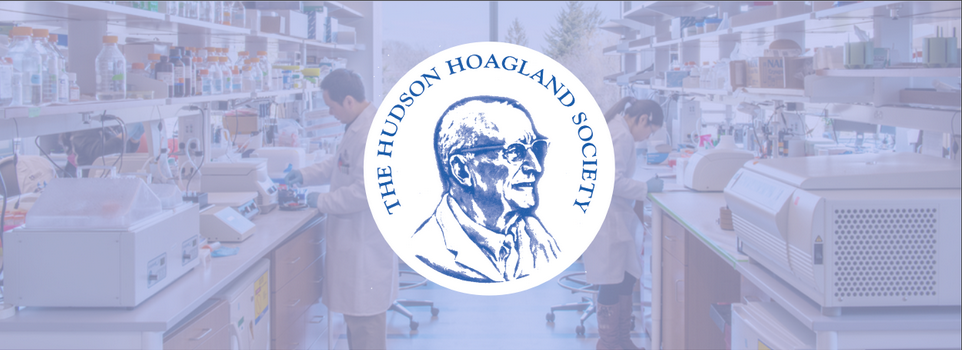
The Hudson Hoagland Society (HHS) is the leadership giving group of individuals who support biomedical research at UMass Chan Medical School with cumulative gifts of $1,000 or more to our Annual Research Fund within a fiscal year (July to June).
Philanthropy is as important to medical discovery as are the countless hours researchers spend in their labs. You can play a role in advancing toward a world free of disease.
Join HHS
Hudson Hoagland Society membership levels
Founder - $10,000 or more
Partner - $5,000 to $9,999
Patron - $2,500 to $4,999
Benefactor - $1,000 to $2,499
Friend - $500 to $999
HHS was originally founded in 1985 to recognize major annual contributors to the Worcester Foundation for Biomedical Research. Named in honor of the Worcester Foundation's co-founder, the Society brings together individuals who share a commitment to advancing biomedical research. Founded in 1985 as an independent research institute by Drs. Hudson Hoagland and Gregory Pincus, the Worcester Foundation merged with UMass Chan Medical School in 1997.
Funds raised through the Hudson Hoagland Society are now used to support the most promising and innovative research at UMass Chan Medical School. These "seed" grants are awarded based on a competitive review process and allow a researcher to pursue new, innovative research for which he or she may not yet have funding.
Hudson Hoagland Society annual meeting
2025 meeting
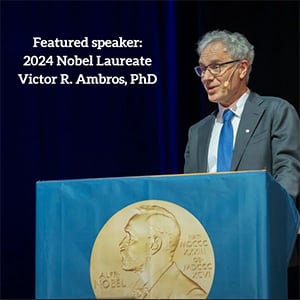
The 40th annual Hudson Hoagland Society meeting was held virtually on May 21, 2025 and featured an engaging presentation on gene regulation, human development and disease.
The talk, titled "Exploring the RNA Frontier and Why It Matters to You," was delivered by Victor R. Ambros, PhD, Silverman Chair in Natural Sciences and professor of molecular medicine at UMass Chan. It highlighted the groundbreaking work that earned Dr. Ambros—and his longtime collaborator Gary B. Ruvkun, PhD, of Massachusetts General Hospital and Harvard Medical School—the 2024 Nobel Prize in Physiology or Medicine.
When Ambros and his lab discovered microRNA, also known as miRNA, in the nematode C. elegans in 1993, its broad implications for human biology weren’t immediately apparent. However, scientists now know the ability of these tiny RNA molecules to regulate or silence gene expression has a profound and far-reaching impact on most biological processes governing health and disease, including development, aging, cancer, diabetes, heart disease, Alzheimer’s disease, schizophrenia and many others.
Ambros continues research on microRNA function and gene regulation during development and is focused on understanding the genetic and molecular mechanisms that control cell division, differentiation and morphogenesis in animals. He came to UMass Chan from Dartmouth in 2007 eager to expand his work in a thriving RNA research community.
For more information, please contact:
Sierra Trudel
Director, Annual Funds
Sierra.Trudel@umassmed.edu
508-856-5540
2024 Worcester Foundation grant recipients
Supported by gifts to the Hudson Hoagland Society
Raquel Binder, PhD, MPH
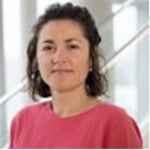
Department of Medicine
“Zoonotic Coronavirus Transmission in the Democratic Republic of the Congo”
Elliot Edmiston, PhD

The Bassick Family Foundation Award
Department of Psychiatry
“Neural Correlates of Interoceptive Accuracy and Developmental Risk for Depressive and Anxiety Disorders During Puberty”
Michael Francis, PhD
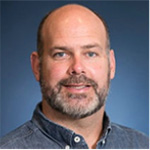
Department of Neurobiology
“Defining the impacts of aging and disease on the postsynaptic proteome”
Paul Kaufman, PhD
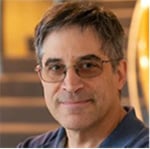
Department of Molecular, Cell and Cancer Biology
“Nuclear body formation during pro-inflammatory macrophage differentiation”

